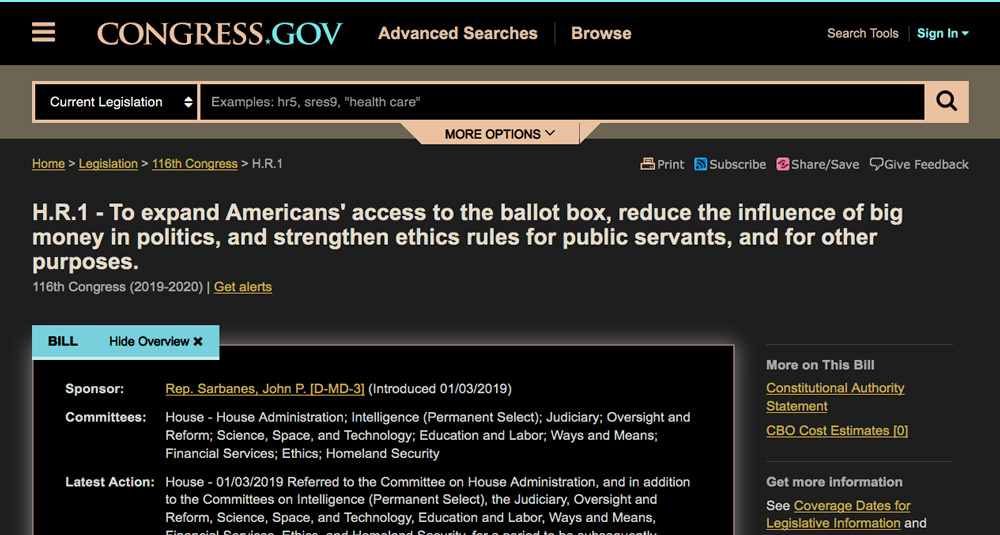When committed to folly, clever people make it look wise.
An article last week in Forbes, “The Green New Deal: How We Will Pay For It Isn’t ‘A Thing’ — And Inflation Isn’t Either,” by Robert Hockett, says that “how could we pay for it?” challenges have already been answered best by Rep. Alexandria Ocasio-Cortez.
She demands to know why only “useful ideas,” like hers, get challenged that way. “Where were the ‘pay-fors’ for Bush’s $5 trillion wars and tax cuts, or for last year’s $2 trillion tax giveaway to billionaires?”
Where? Here!
And anywhere there’s common sense.
Hockney has his own retort, though, retrieving from the peanut gallery of economics an idiocy called “Modern Monetary Theory” (MMT).
“Congress will authorize necessary spending, and Treasury will spend,” he writes. Government funds are “never ‘raised’ first” because “federal spending is what brings that money into existence.”
Look, the United States has indeed come to rely upon debt financing. But it wasn’t always the rule. More importantly, the widespread and long-term effects are where post-gold standard monetary creation gets tricky.
So are MMT advocates. Tricky, that is. What they hide are the dispersed costs, many of which we pay in higher prices.
Their main “contribution” — as stated in the National Review, of all places, yesterday — is that “When a government issues its own currency, as our federal government does, it is in a financial situation different from those of most institutions or households.”
Not really. When a household writes checks it knows will bounce, it does pretty much the same thing.
When governments rely upon debt money, someone is still getting ripped off. With government, though, it isn’t the businesses holding bad checks, it is all of us.
This is Common Sense. I’m Paul Jacob.
N.B. This episode of Common Sense has been corrected from the email version: the author of the Forbes article is not the painter David Hockney.

—
See all recent commentary
(simplified and organized)








